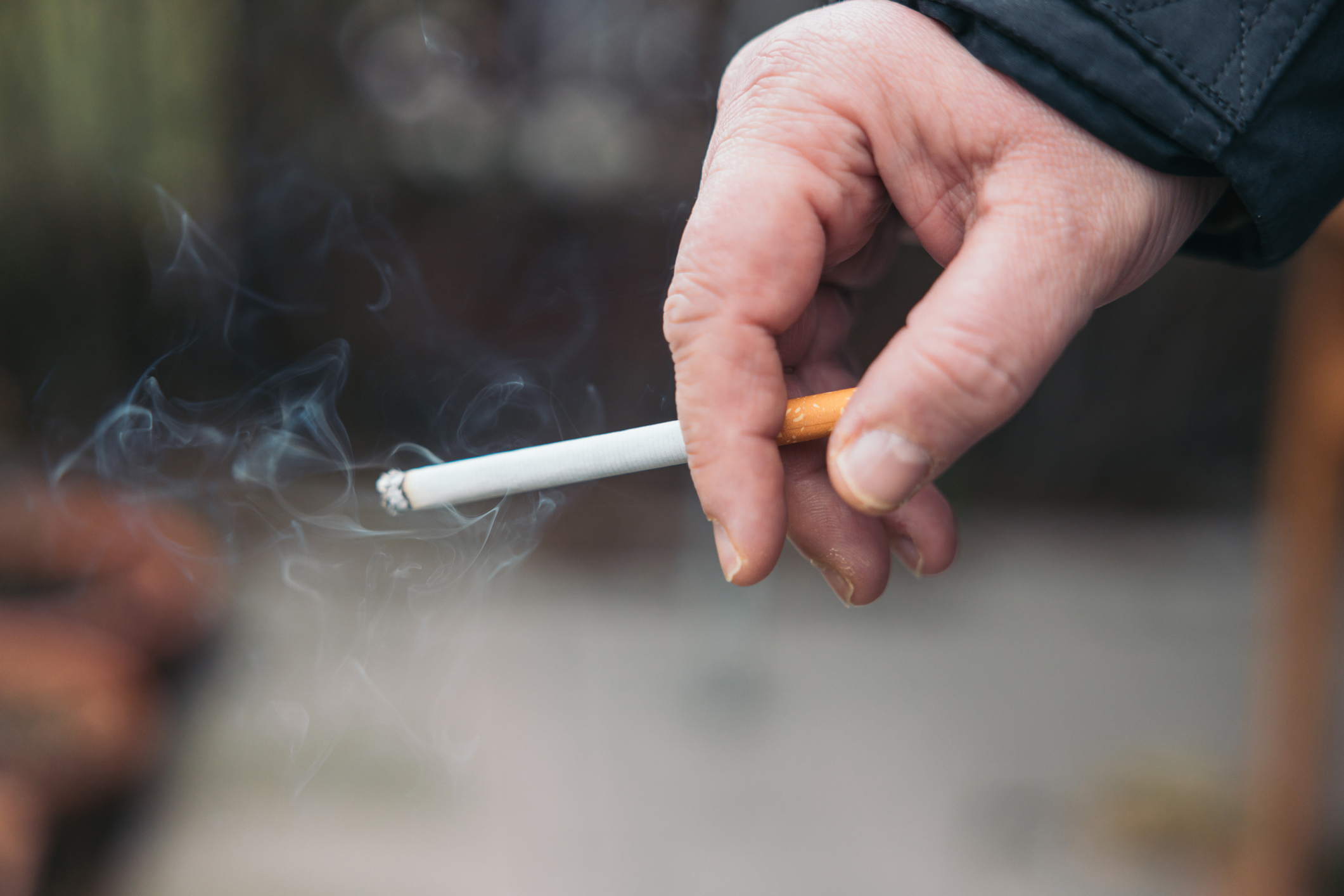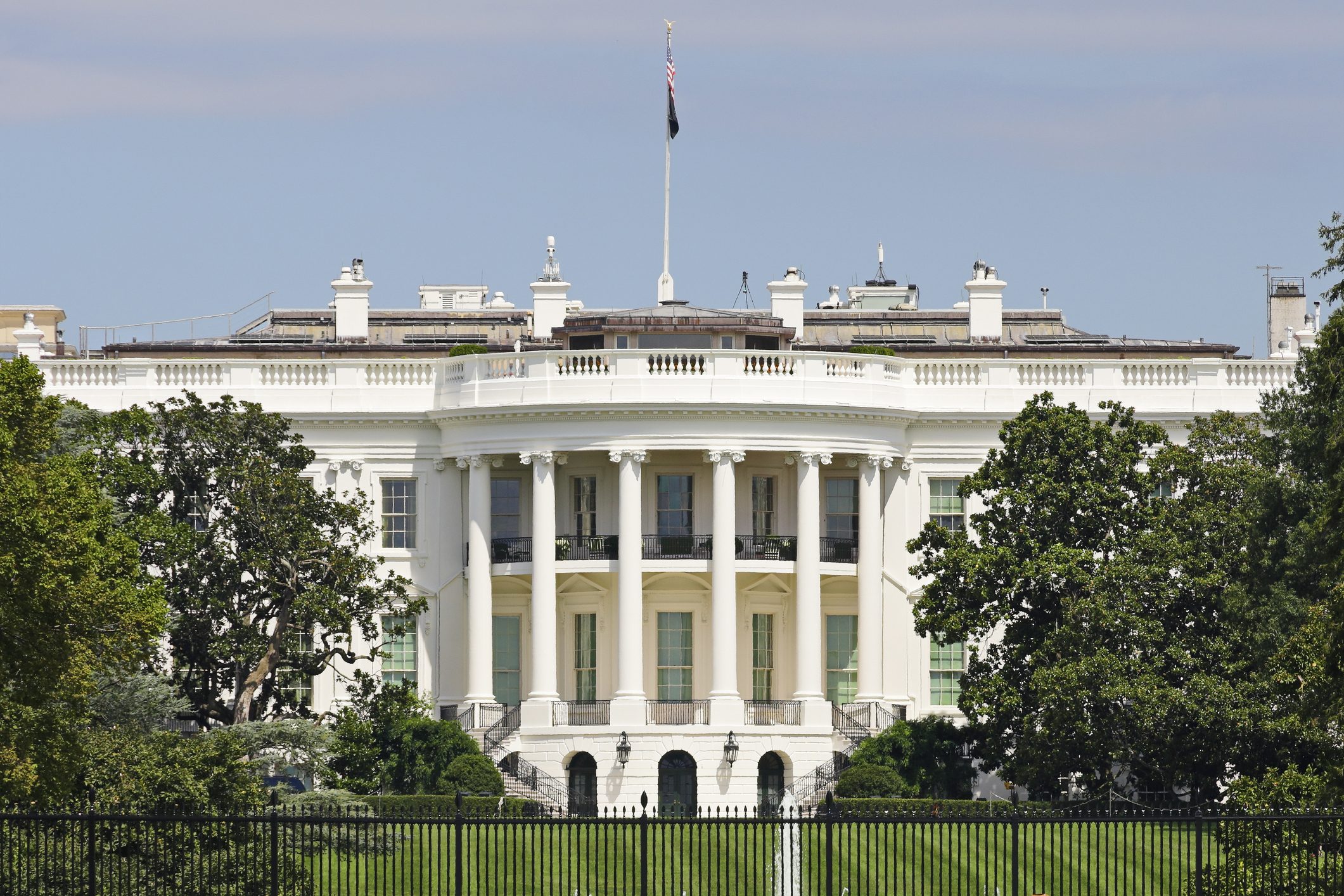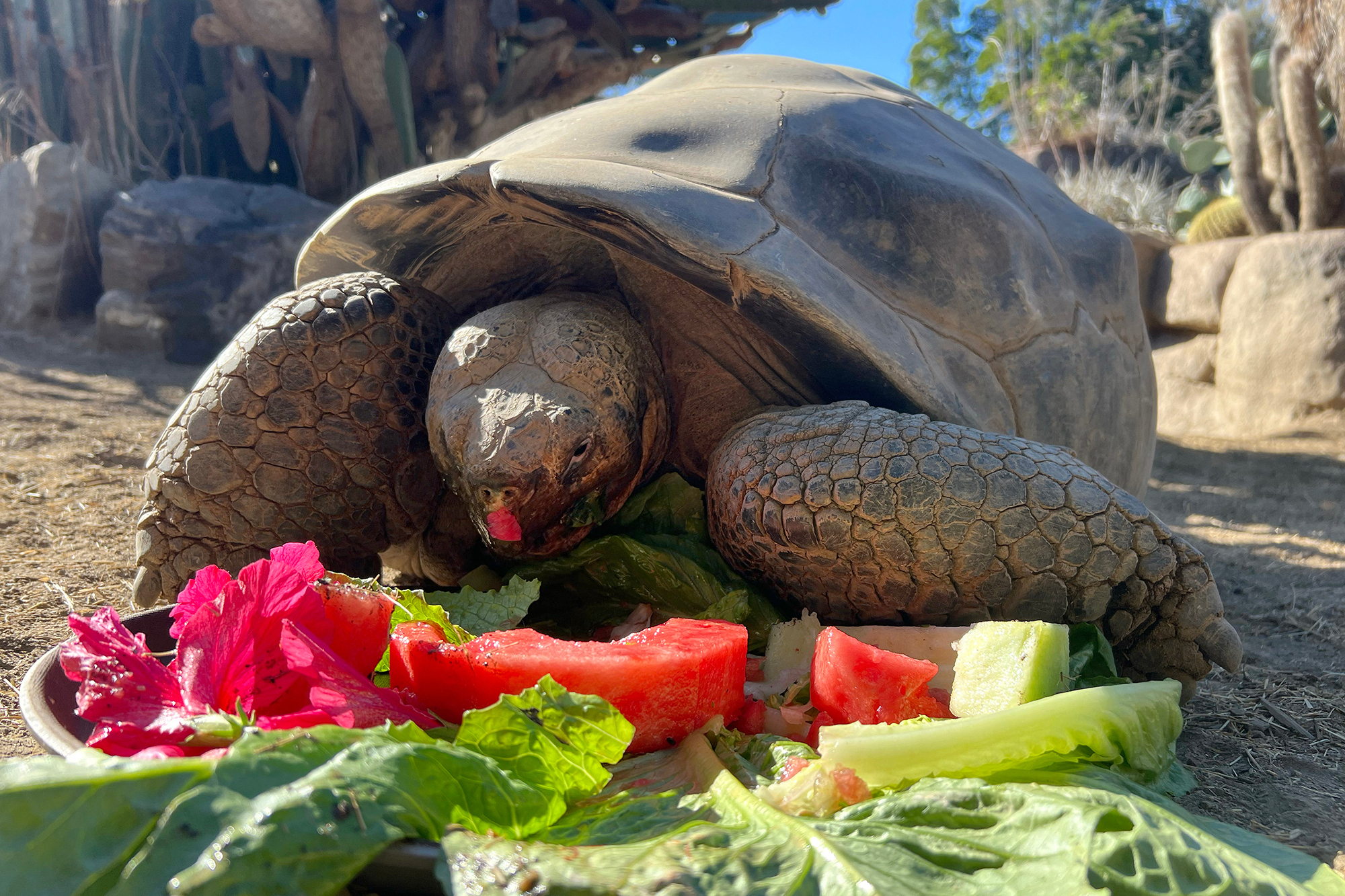
Being a famous rock star is a common dream, but a new study suggests it comes with an early grave.
Being a famous rock star is a common dream, but a new study suggests achieving that goal comes with an early grave.
A peer-reviewed study published in the Journal of Epidemiology and Community Health examined the life expectancies of famous singers compared to those who never reached the limelight.
The stars were found to die about four years earlier - even though overall, wealthier social brackets are associated with a higher life expectancy.
READ MORE: Dozens of schools closed as state swelters through 'catastrophic' fire risk

But it's far from clear whether it's fame itself, the demands of the music industry, or the lifestyle associated with being a musician, which contributes to this heightened risk, explain the researchers.
The researchers compiled a list of 324 celebrity singers who were active between 1950 and 1990, and matched them with 324 non-celebrity singers for birth year, gender, nationality, ethnicity, music genre, and whether or not they were solo artists or in a band.
Of the sample, 83.5 per cent were male, 61 per cent were from North America, and the remainder from Europe and the UK.
READ MORE: 'Big, fat slob': Trump's eye-raising remarks at White House event

Most singers (65 per cent) were rock artists, followed by RnB (14 per cent), pop (9 per cent), New Wave (6 per cent), rap (4 per cent) and electronica (2 per cent).
Fifty-nine per cent of the singers were in a band, 29 per cent were solo artists, and 12 per cent had careers spanning both.
Analysis of the data showed that, on average, famous singers survived until they were 75; less famous singers survived until they were 79.
READ MORE: Ex-detective suggests reason for new search for missing Gus Lamont

While band membership was associated with a 26 per cent lower risk of death compared with going it alone, the inclusion of this variable didn't influence the overall effect of fame, as famous singers were still 33 per cent more likely to die earlier than their less well-known counterparts.
"Together, the analyses indicate that an elevated risk emerges specifically after achieving fame, which highlights fame as a potential temporal turning point for health risks including mortality," the researchers said.
"Beyond occupational explanations, our findings suggest that fame adds further vulnerability within an already at-risk group."
The heightened risk associated with fame is comparable to other known health risks, such as occasional smoking, which confers a heightened risk of death of 34 per cent, they said.
A possible explanation for the findings may lie in "the unique psychosocial stress that accompanies fame, such as intense public scrutiny, performance pressure, and loss of privacy," they suggested.
"These stressors may fuel psychological distress and harmful coping behaviours, making fame a chronic burden that amplifies existing occupational risk," they said.
"Being famous appears so detrimental that it overrides any potential benefits associated with high socioeconomic status. Again, this highlights the increased vulnerability of famous individuals, suggesting a need for targeted protection and support for this population."
DOWNLOAD THE 9NEWS APP: Stay across all the latest in breaking news, sport, politics and the weather via our news app and get notifications sent straight to your smartphone. Available on the Apple App Store and Google Play.
 Teen charged after allegedly being duped into importing 16kg of meth into Australia
Teen charged after allegedly being duped into importing 16kg of meth into Australia
 Accused Easey Street killer to stand trial on two counts of murder
Accused Easey Street killer to stand trial on two counts of murder
 MP files court action challenging consitutionality of social media ban
MP files court action challenging consitutionality of social media ban
 Vandals blamed for Optus outage that hit more than 14,500 customers
Vandals blamed for Optus outage that hit more than 14,500 customers
 These dangerous texts are flooding millions of Aussies' phones
These dangerous texts are flooding millions of Aussies' phones
 Second teen charged over alleged stabbing murder of 17-year-old refused bail
Second teen charged over alleged stabbing murder of 17-year-old refused bail
 FBI seeks interviews with Democrats who urged US troops to defy illegal orders
FBI seeks interviews with Democrats who urged US troops to defy illegal orders
 Accused Melbourne CBD stabber fails in fresh bid for bail
Accused Melbourne CBD stabber fails in fresh bid for bail
 The tax loophole leaving innocent Aussies with massive, secret debts
The tax loophole leaving innocent Aussies with massive, secret debts
 Severe thunderstorms across NSW cause public transport delays
Severe thunderstorms across NSW cause public transport delays
 Gramma, a 141-year-old Galapagos tortoise, dies in US
Gramma, a 141-year-old Galapagos tortoise, dies in US
 Delivery driver's scooter stolen in brazen daylight street robbery
Delivery driver's scooter stolen in brazen daylight street robbery
 Elderly man rescued from Victorian river after mobility scooter fail
Elderly man rescued from Victorian river after mobility scooter fail
 'Detention': UK PM leads class in banned meme dance
'Detention': UK PM leads class in banned meme dance
 Councillor apologises for trying to bill ratepayers for strip club beer
Councillor apologises for trying to bill ratepayers for strip club beer
 'Big, fat slob': Feathers fly as Trump pardons Thanksgiving turkeys
'Big, fat slob': Feathers fly as Trump pardons Thanksgiving turkeys






